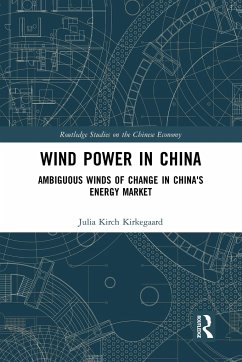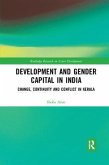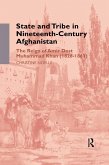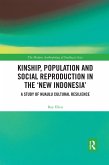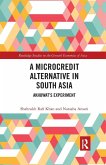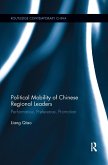Whilst China's growing economy is widely regarded as being responsible for severe environmental degradation and a high reliance on energy from fossil fuels, China is emerging as a potential leader in new green energy technologies. Outlining the extraordinary growth in China's wind power capacity since 2005, this book explores the deliberate creation of a whole industry and the strategy of transitioning the power sector to renewable energy by accelerated experimentation and through literally pushing the emerging wind power sector to its limits. Investigating how wind power may not always be considered as sustainable in a wider Chinese developmental context, the book traces the struggle China has had in getting this high technology sector to qualify as truly Chinese scientific development, whilst often being opaquely at the mercy of foreign expertise, technology, and certification. The book furthermore exposes the surprising nuances, dynamics, and potency of unexpected players in Chinese wind power marketisation. Complex interplays are revealed between wind turbine control systems, algorithms in critical software technology, relationships between suppliers, wind farm developers, financiers, the electrical grid itself, the coal lobby, the broader Chinese state, and much more. The book has important implications far beyond wind power and contemporary China studies, highlighting the much wider story of China's fragmented and experimental style of innovating, upgrading, and greening.
Hinweis: Dieser Artikel kann nur an eine deutsche Lieferadresse ausgeliefert werden.
Hinweis: Dieser Artikel kann nur an eine deutsche Lieferadresse ausgeliefert werden.

